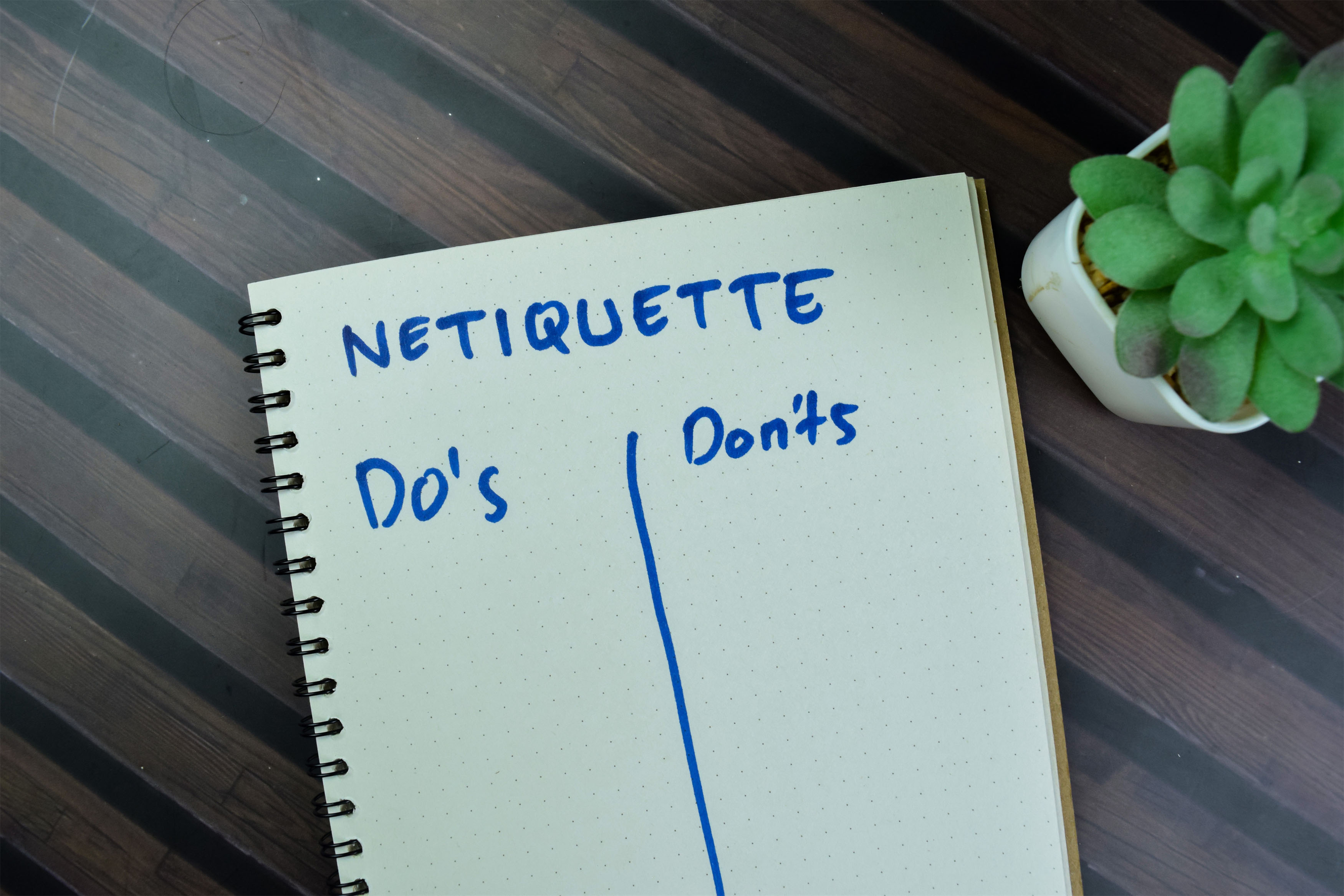Facebook privacy policy
Police and data protection when using social media
The North Rhine-Westphalia police take the protection of your personal data very seriously. On this page, in addition to information on the use of social media by the NRW police, we would also like to give you an overview of what data is collected by the respective providers for the use of social media.
Police NRW and social media
Social media have fundamentally changed our world and our actions and are increasingly shaping everyday police work.
Social networks are the number one source of information and the virtual thermometer of the population. No television crew is ready to report faster than the people on the ground with their smartphones.
The police have been unable to ignore this trend in society as a whole and have been facing up to the major challenge of exploiting the highly competitive virtual information market for several years now. Of course, the aim is not to cut costs, increase profits and sales figures or win new customers. The police want to use social media, for example, to recruit new recruits or provide information in crisis situations.
At present, all police headquarters and some district authorities use social media. There is also a central YouTube channel for the NRW police.
How do you recognize the real police on social media
Unfortunately, there are, of course, many offers on social media that look deceptively similar to real police offers. Police press releases, images and emblems are used to give the impression that it is a police page. The NRW police are taking action against the operators of these pages using all the legal options available to them.
A police website can be recognized by the following features:
- it has a uniform naming convention (police NRW and name/name abbreviation of the police authority).
- it has a standardized address convention
- Facebook: facebook.com/Polizei.NRW.Behördenkürzel)
- Twitter @polizei_nrw_Behördenkürzel
- it is certified by the platform provider (tick in blue circle)
- It has a police star with an authority logo.
- Contact details outside the social network are provided
Data protection in social media
Data protection in social media is important to the NRW police. You should therefore take the time to read the following data protection information before using the links to police services on social media.
Privacy policy for Twitter
By clicking on "Follow" you will become a follower of the police account, which will be visible to the administrators of the page as well as to your friends and possibly other Twitter users.
However, this information is neither analyzed by the administrators of the police account nor recorded elsewhere. The statistics that Twitter makes available to the administrators of the police account are output in aggregated form and do not allow the administrators to draw any conclusions about personal data. In this context, please also note the data usage guidelines at https://www.twitter.com/privacy/ and make the appropriate privacy settings in your account! Please check carefully what information you publish!
What Twitter learns:
What data Twitter stores in detail and how the company uses this data is not exactly known. What is certain is that Twitter not only stores data that is entered directly by users, but also records the actions of Twitter users - presumably without gaps - and passes it on to third parties.
Twitter also learns
- the most important data of the computer system (log data) from which a user logs into the network - including IP address, processor type and browser version including plug-ins and
- every visit to websites (widget data) on which a Twitter button is installed. The IP address is also transmitted. If the visitor to the external site is a Twitter user and has already logged in to Twitter from the same computer, Twitter can also determine their identity
Data protection information for Facebook
By clicking on "Like", you become a fan of the police page, which is visible to the administrators of the page as well as to your friends and possibly other Facebook users. This applies in particular to "likes" or comments on our posts, which are also visible to non-registered visitors and non-fans of this fan page. Even if you are not or do not become a fan of this page, you can leave comments or "Like" information on our postings that are visible to others and the administrators of the fan page. However, this information is neither analyzed by the administrators nor recorded elsewhere. The statistics that Facebook makes available to the administrators are displayed in aggregated form and do not allow the administrators to draw any conclusions about personal data. In this context, please also note the data usage guidelines at https://www.facebook.com/about/privacy/ and make the appropriate privacy settings in your account! Please check carefully what information you publish!
What Facebook learns:
What data Facebook stores in detail and how the company uses this data is not exactly known. What is certain is that Facebook not only stores data that is entered directly by users, but also records the actions of Facebook users.
Facebook also learns
- the most important data of the computer system from which a user logs into the network - including IP address, processor type and browser version including plug-ins and
- every visit to websites (widget data) on which a "Like" button is installed. The IP address is also transmitted. If the visitor to the third-party site is a Facebook user and has already logged in to Facebook from the same computer, Facebook can also determine their identity.
General information on data protection
Information on the subject of "data protection" can be found on the website of the competent supervisory authority for data protection in North Rhine-Westphalia, the State Commissioner for Data Protection and Freedom of Information of North Rhine-Westphalia. www.ldi.nrw.de
